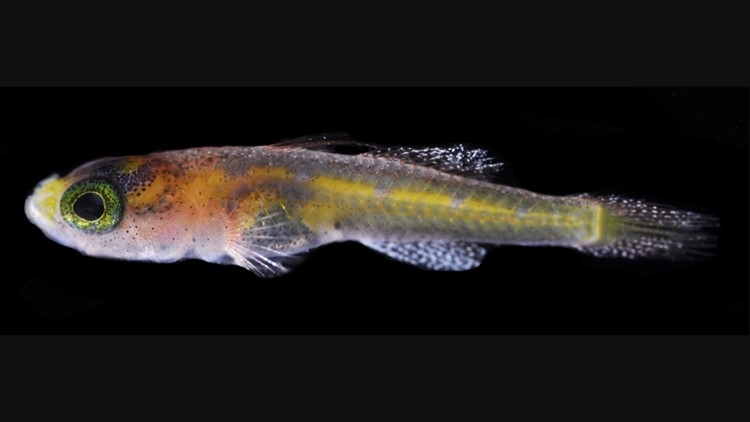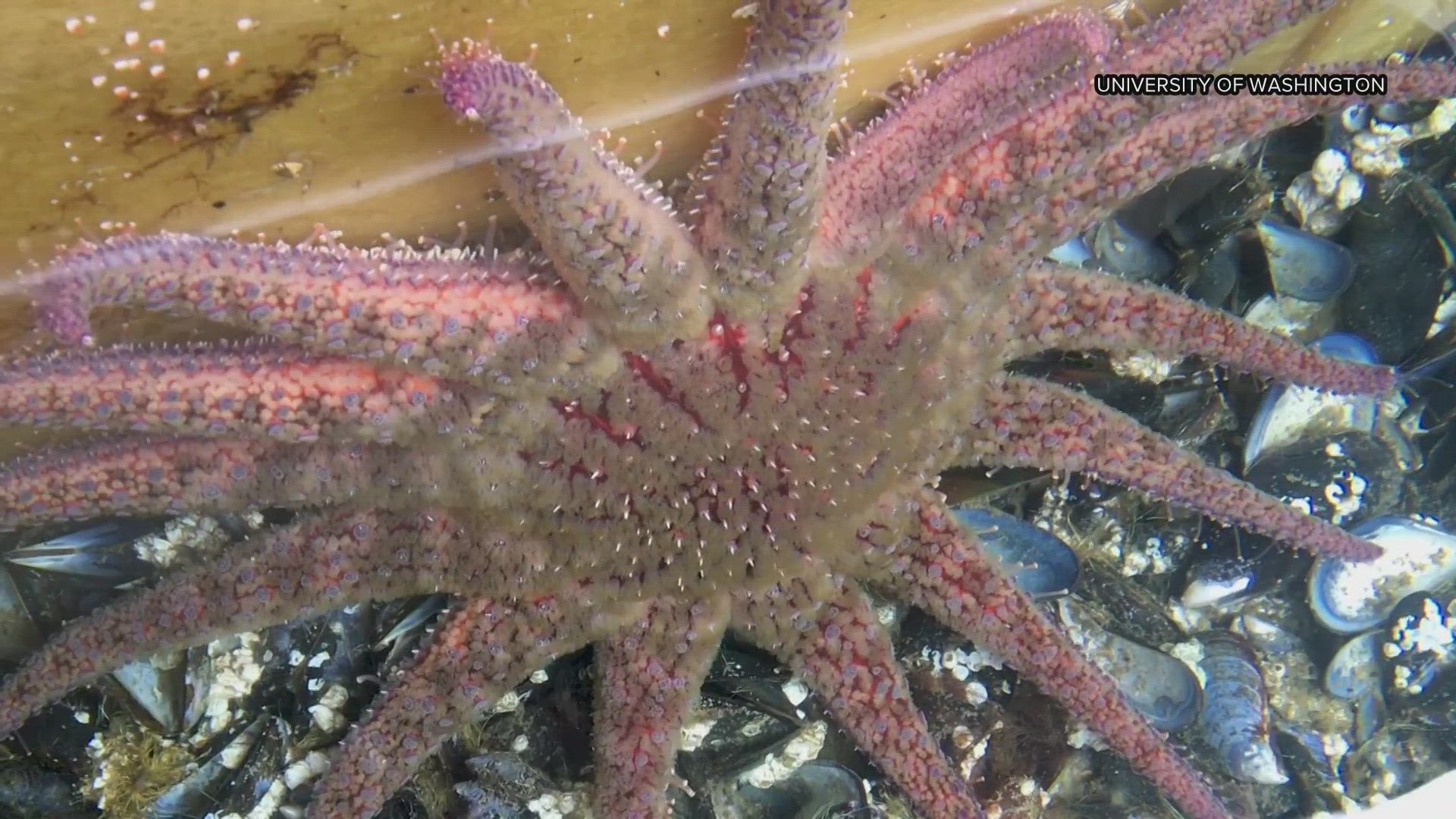University of Washington scientists are joining the Smithsonian to identify fish in deep reefs that are still a total mystery.
Preliminary work suggest that one-third of these Caribbean deep reef fishes still have no name.
"We have been going down in two different submersibles in the Caribbean across five different locations," said masters student Rachel Manning. "These two-manned submersibles are the only subs in the world that have these fish collection devices. We spray out this anesthetic onto a fish we want to catch. It puts the fish to sleep. The fish starts floating on its side and then we have this giant vacuum cleaner basically attached to the outside of the sub. We suck that fish up, we put it into a holding tank, take it up to the surface. When we get up to the surface these fish are still alive so we can see their in-life coloration."
Manning is currently describing six new gobies as a result of these dives. Gobies are one of the largest fish families comprising more than 2,000 species.
The principal scientists are Dr. D. Ross Robertson and Dr. Carole Baldwin of the Smithsonian as well as Dr. Luke Tornabene of UW. They have already described many new species thanks to the dives and are racing to finish the work.
Deep reefs are some of the least-explored, most diverse marine ecosystems in the world. Scientists have studied how climate change harms shallow reefs but have almost no idea if deep reefs experience the same kind of damage, if they're protected, or if they're facing a future that's unpredictable.
Some of the new species identified are coral reef-dwelling fishes that scientists didn't know could adapt to deeper systems. That could mean that all of the biodiversity around coral reefs could survive if the animals can move further towards the seafloor.
"Deep reefs are largely unexplored and the potential for discovery of new species and for enhancing our understanding of ocean processes is tremendous. Every trip down in the submarine brings back new species or new data about how species are distributed in this poorly explored ecosystem," Katherine Maslenikov said.
Maslenikov manages a massive fish library at UW in partnership with the Burke Museum, where aisles of 12 million fish specimens are contained in jars. It's the largest fish collection in North America. The fish there will be compared to the new discoveries to help scientists identify what they've found.
"I also think it is appealing to people because it is pure discovery," she said. "We are going into an unexplored area that requires special technology to keep us alive. We have a few hours at a time to explore places no human has ever seen and to bring back as much data as possible. We have only explored a small fraction of the ocean, yet we depend on it in so many ways."



